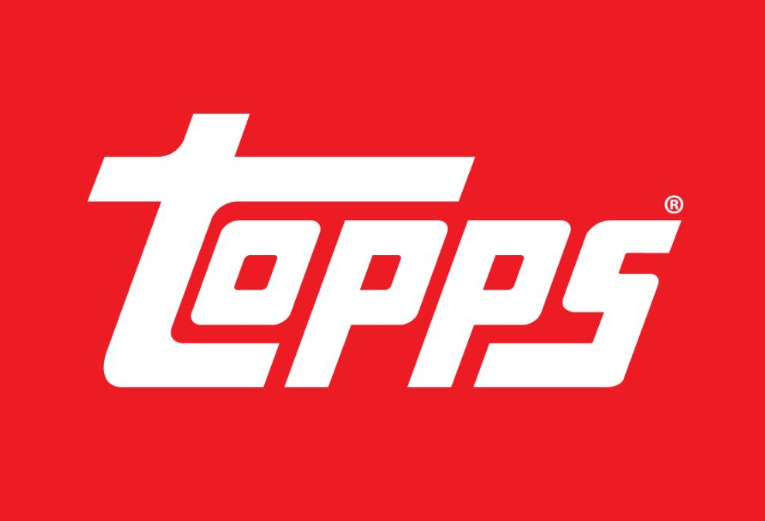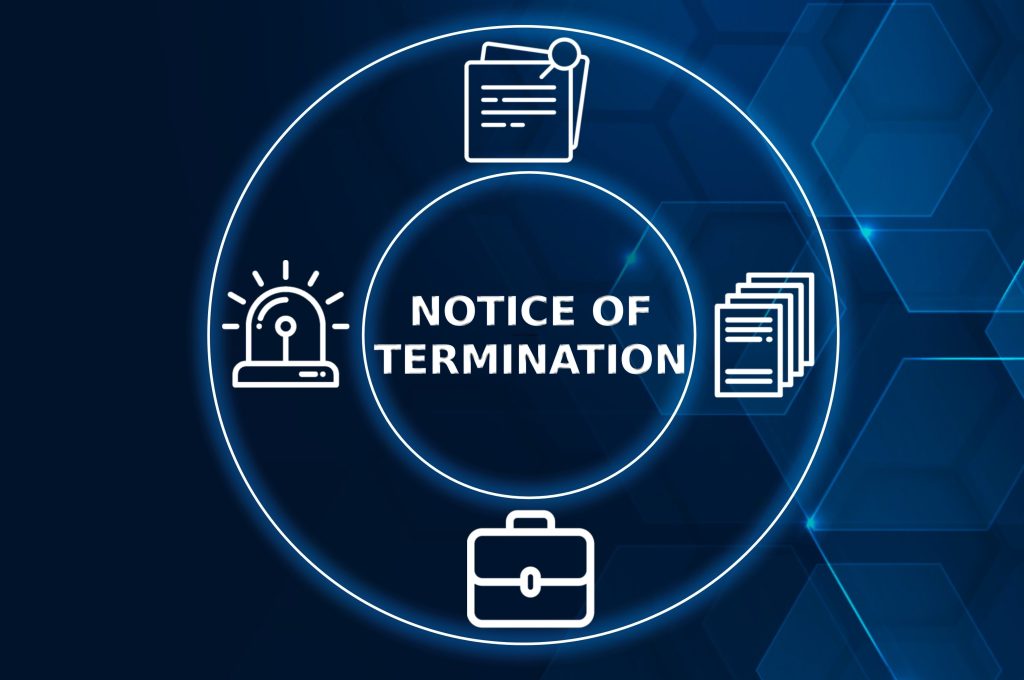For writers chasing a traditional publishing contract, an email from Big 5 publisher Simon & Schuster inviting submission might seem like a dream come true.
Just one problem: major publishers like S&S, which acquire mainly via reputable literary agents and expect manuscripts to come to them rather than the other way around, don't email random authors out of the blue. Also, impersonation scams are extremely common these days, with fraudsters posing as publishers, literary agents, film production companies, even editors (see my previous post on this subject). Any publishing- or movie rights-related email or phone call that you can't tie directly to a submission or a contact you yourself made is highly likely to be a scam--and with generative AI infesting every aspect of the writing scam industry, the scams can be quite elaborate and authentic-seeming.
Given the amount of time I spend writing and warning about such things, it's always funny (well, kind of) when an impersonation scammer tries to target me.







